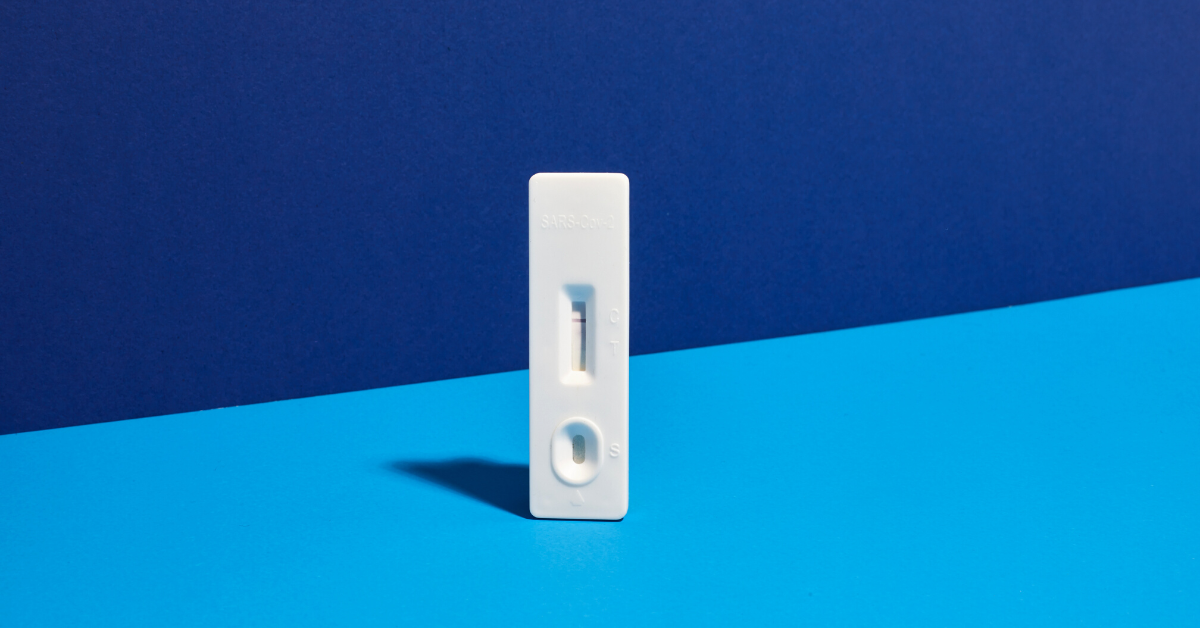
Did you ever think you would be living in a time when the entire world was shut down due to an enemy that we could not see, hear, smell or touch? COVID-19 turned our world upside down and shook it! Now as we “emerge” on the other side there are still some self-care behaviors that people living with diabetes need to remain attentive to.
According to the World Health Organization (WHO), although “lockdown” procedures are not as strict and the world has “opened up”, the risk of COVID transmission remains. Based on the latest information from their website the need for masking, distancing and vaccination continues.
As you have probably heard people living with diabetes were and are at a greater risk of complications and death if they are infected with the COVID-19 virus (ADA, 2022). Thus, while it is important for our lives to return to some version of normal, it still behooves us to remain vigilant when it comes to self-care because unfortunately, we never know when another threat will rear its ugly head. So, let’s talk about how you can look out for #1.
Self-Distancing
Once it was determined that COVID was here to stay most healthcare providers began offering care via tele-health or virtual visits. These visits have allowed persons in need of care to remain in the comfort of their home while having their health care needs met. This “self-distancing” , while initially not ideal, has become the norm. And while providers have opened their offices again, IF you are feeling sick or have been exposed to someone with COVID a virtual visit may be the best way to seek care.
Supplies
Along with access to health care providers another self-care need was recognized early during the pandemic—the need for supplies. Testing supplies and medications were a priority for many. What COVID taught us was those adequate supplies/medications (at least 3 months’ worth) need to be on hand at all times, if possible. If you live alone try to have at least 14 days worth of food, medication and testing supplies on hand in case you become ill and need to be quarantined.
Self Protection
(1) Vaccination has been found to be our greatest defense against an unseen enemy. If you have not been vaccinated, please contact your healthcare provider, or visit your local pharmacy or health department.
(2) When venturing out it may be beneficial to wear a mask even if those around you are not masking up. The WHO recommends masking in small spaces.
(3) Wash your hands or use hand sanitizer often when out in public.
(4) Obtain home COVID testing kits. These kits are available free of charge at your local pharmacy or by mail from the government at this website: https://www.covid.gov/tests/.
Stress Management
Being isolated, quarantined, locked down, etc. induces a certain amount of stress. It is one thing not to want to leave your house to engage with others, it is something entirely different to know that you are forbidden to do so. The stress of confinement can have an adverse effect on blood glucose. It is important to have effective ways to manage stress—prior to a stressful event is the best time to hone these skills. Yoga and meditation are two well-known methods used to reduce stress.
Please keep in mind that self-care is the gift that you give yourself. Stay well!
World Health Organization. (2022) Advice for the public.
American Diabetes Association. (2022). Diabetes and COVID.
Centers for Disease Control and Prevention. 2022. COVID county check.

